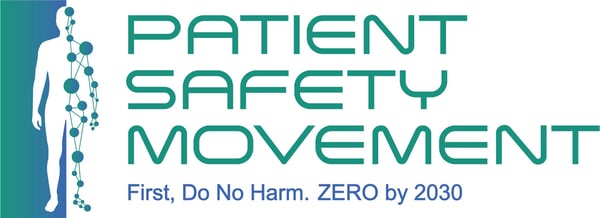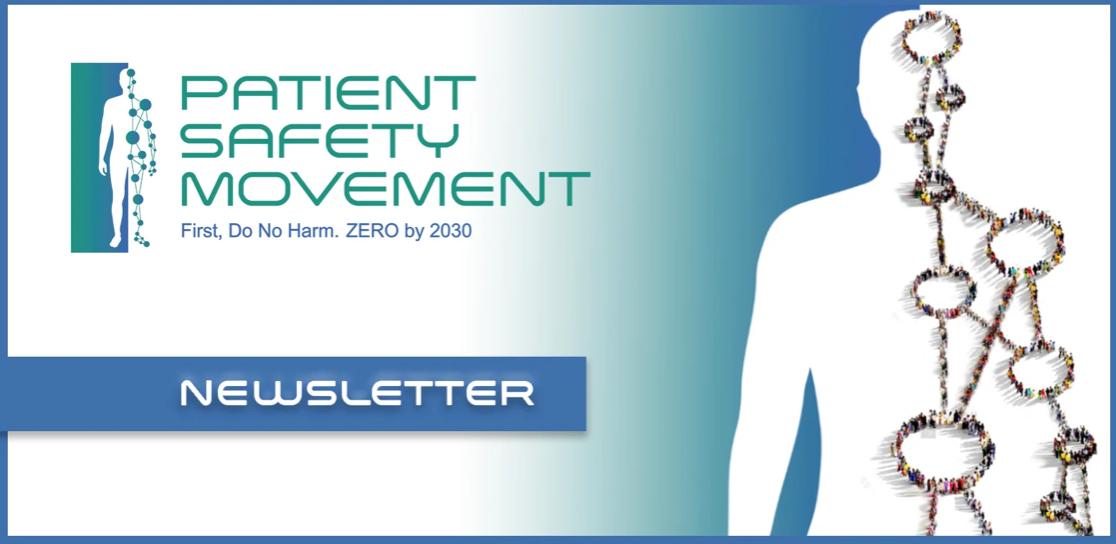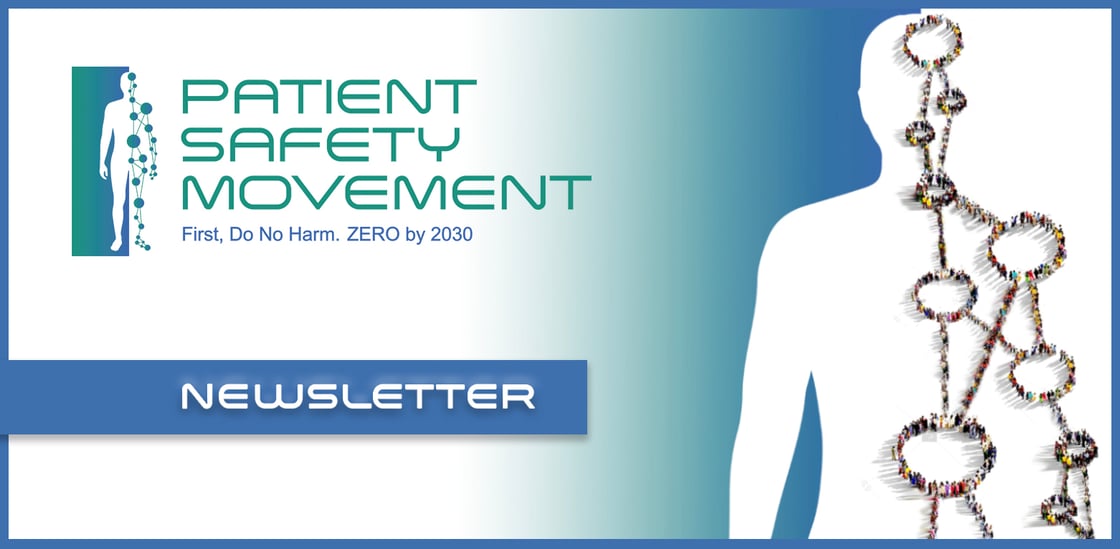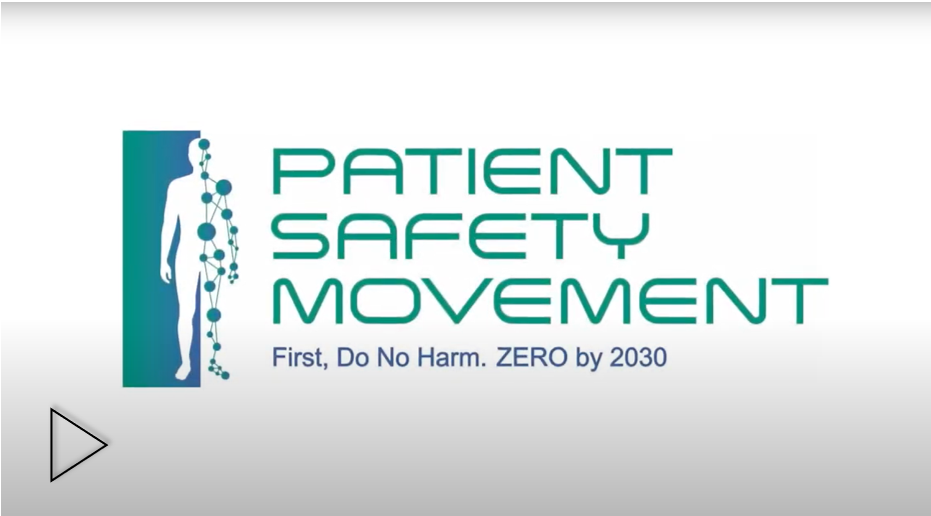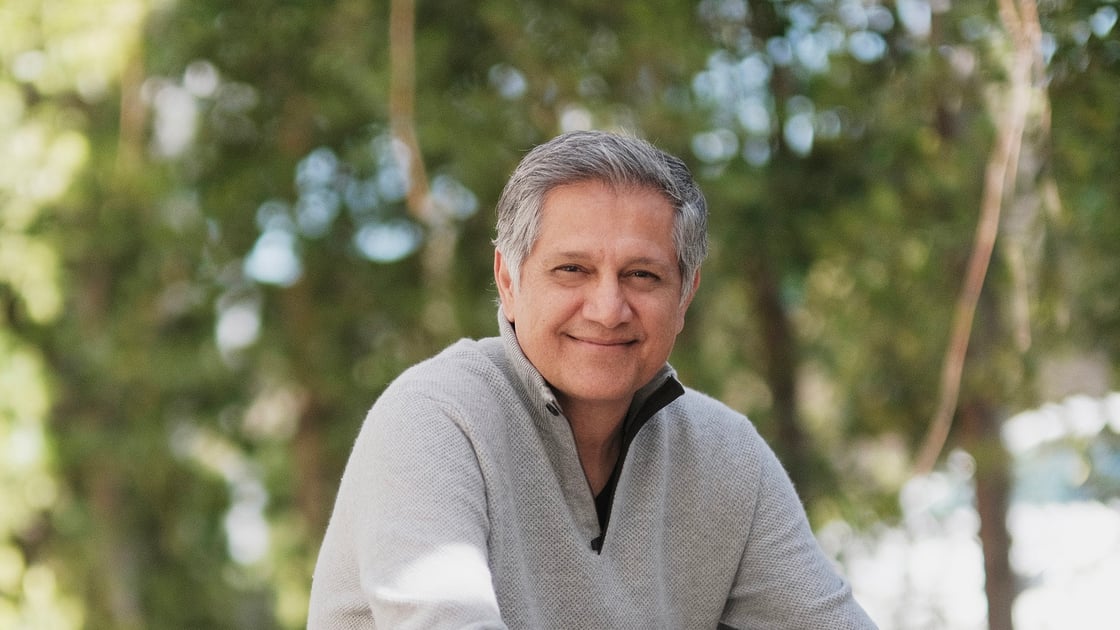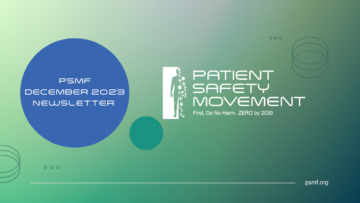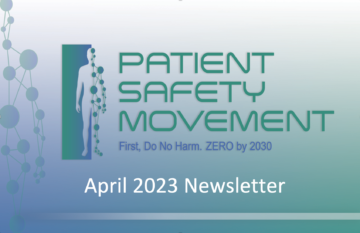“I believe in data transparency, and it is unacceptable that we lack clarity on the true number of patient harm events.”
Joe Kiani, Founder
Patient Safety Movement Foundation
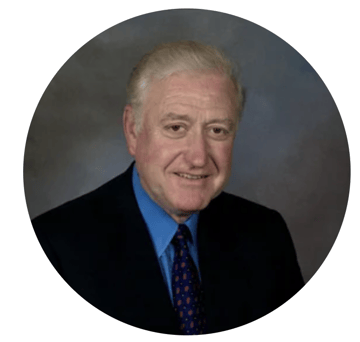
Letter from CEO
In a world of multiple wars, starvation, poverty, and limited healthcare access, it is always uplifting to see a breakthrough in medical research. A team of cancer scientists from top institutions in the United States and Canada have developed a blood test for the early detection of colon cancer. Daniel C. Chung, MD, was the lead author of this impressive group of scientists who reported their findings in the March 14, 2024, edition of the New England Journal of Medicine.1
Colorectal cancer is the third most diagnosed cancer in the United States in adults. Early detection coupled with a healthy diet and exercise could prevent over 90% of deaths caused by this type of cancer. The most effective screening method at the moment is a colonoscopy, which is being recommended for people at younger and younger ages, now as young as 40, but colon cancer is occurring at even younger ages. So this blood test, if confirmed by later trials, would be an easier test for patients to undergo and should be available to more people.
On Monday, April 8, 2024, a total eclipse of the sun will be visible in North America along a path that stretches from Mexico, across Texas and Oklahoma, and all the way to Maine. The loss of solar power may cause power outages in its path. Hopefully, healthcare facilities reliant on solar power will have adequate battery storage and functioning backup power generators. Observers of the eclipse must wear protective solar glasses that meet the ISO 12312-2 international standard, otherwise they risk damage to the eye’s retina.
The Sixth Global Ministerial Summit on Patient Safety 2024, with the theme “bringing and sustaining changes in patient safety policies and practices” and co-sponsored by WHO, will be held in Santiago, Chile, on April 17–18, 2024. The Patient Safety Movement Foundation will be well represented. The Global Patient Safety Action Plan 2021–2030 was developed after the 2019 Summit and has the goal of supporting patient safety worldwide. It will explore how different countries have built safety cultures, empowered patients and families, and ensured safety and resilience in healthcare systems.
Stay safe and stay well.
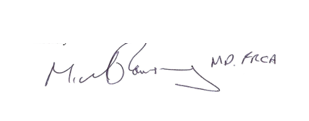
Michael A.E. Ramsay, MD, FRCA, Chief Executive Officer, PSMF
1 N Engl J Med 2024;390:973-983.
Celebrating International Women’s Day
March 8, 2024
In honor of International Women’s Day, we envision a future defined by diversity and inclusion, free from bias and discrimination, and that accelerates economic empowerment for women.
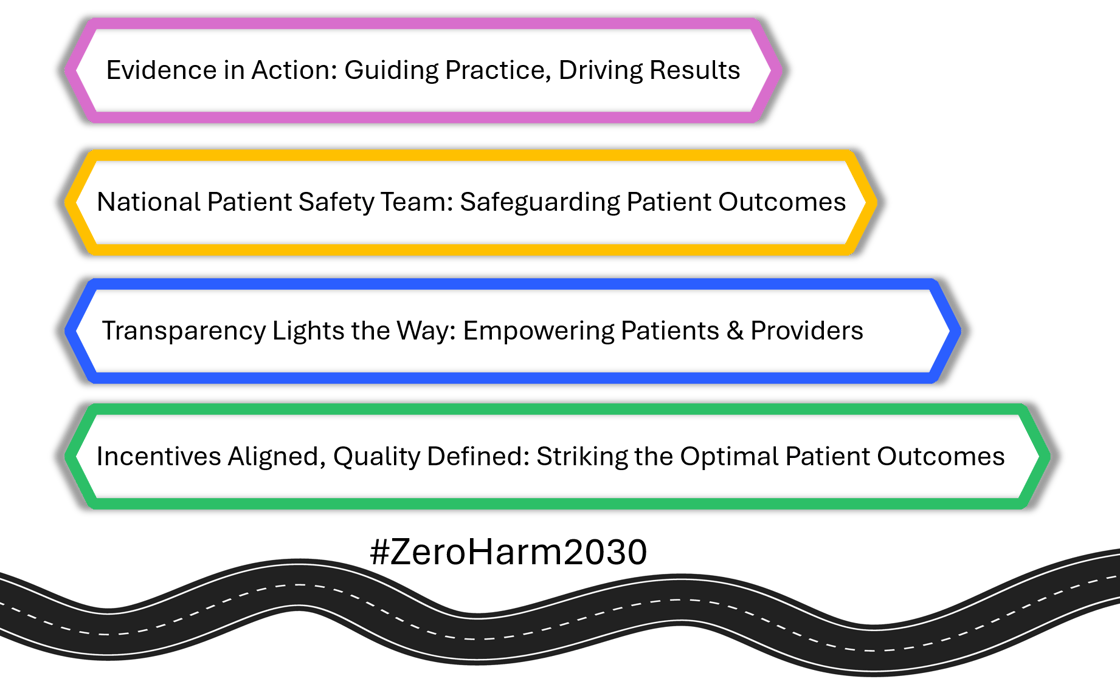
Patient Safety Awareness Week
March 10–16, 2024
The Patient Safety Movement Foundation has innovatively outlined actionable evidence-based practices to address high-priority preventable harms, fostering a collaborative learning ecosystem and promoting shared accountability. Our foundation has persistently championed the establishment of an independent, diverse team to investigate incidents of harm, develop innovative solutions, and prioritize representation from communities disproportionately affected. We have consistently emphasized the importance of data transparency as essential for monitoring progress in enhancing patient care. The Patient Safety Movement Foundation strongly advocates for systemic payer policy changes aimed at incentivizing healthcare organizations to adopt evidence-based solutions, prioritize quality over quantity, and encourage public reporting to mitigate risks.
Celebrating National Doctors Day
March 30, 2024
On National Doctors Day, the Patient Safety Movement Foundation extends its heartfelt gratitude to all doctors who have devoted their lives to providing compassionate care for their patients. We commend those who have prioritized patient well-being over their own family celebrations, remaining steadfast by their patients’ bedsides. These physicians exemplify selflessness and dedication by tirelessly providing round-the-clock assistance to those in need. They are the custodians of health, embodying a noble ideal of the medical profession. We thank doctors for their tireless efforts in mitigating negative health outcomes and fostering continuous medical improvement. We especially thank those physicians who have traveled to areas of conflict to take care of the sick and wounded, at great risk to themselves.
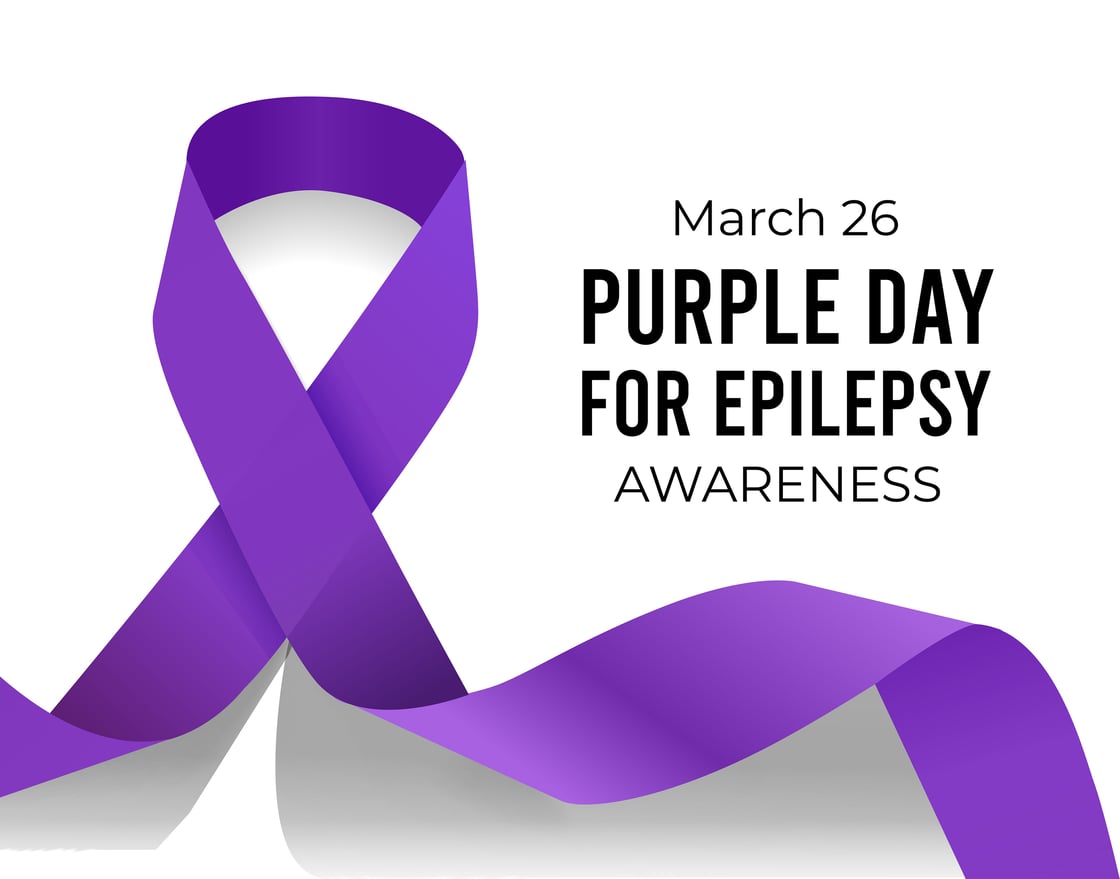
Purple Day, Supporting Epilepsy
March 26, 2024
Every year on March 26, thousands of people join efforts to raise awareness and funds to make a difference for people living with epilepsy. Commonly known as Purple Day, this Epilepsy Action Day began in 2008 when an eight-year-old girl from Canada, Cassidy Megan, decided she wanted to help people with epilepsy by raising awareness and letting them know they’re not alone. Cassidy chose the color purple to represent the day because the lavender flower is globally recognized as the symbol for epilepsy. Purple Day has since grown internationally to become one of the biggest fundraising events of the year for epilepsy.
Epilepsy is a noncommunicable condition of the brain that causes repeated seizures. There are different types of epilepsy, and the condition can start at any age, with some types lasting for a limited time, but for many, epilepsy can be a life-long condition. Epileptic seizures are typically brief episodes of involuntary movement involving either a part of the body or the entire body. They are sometimes accompanied by loss of consciousness and control of bowel or bladder function. People with epilepsy are at three-times higher risk of premature death compared to the general population.
According to the World Health Organization, around 50 million people worldwide have epilepsy, making it one of the most common neurological diseases globally. Most people living with epilepsy (80%) live in low- and middle-income countries where they do not get the treatment they need. It is estimated that if properly diagnosed and treated, 70% of people living with epilepsy could live seizure-free. In certain parts of the world, people with epilepsy and their families suffer from stigma and discrimination.
Learn more at the Epilepsy Action website.
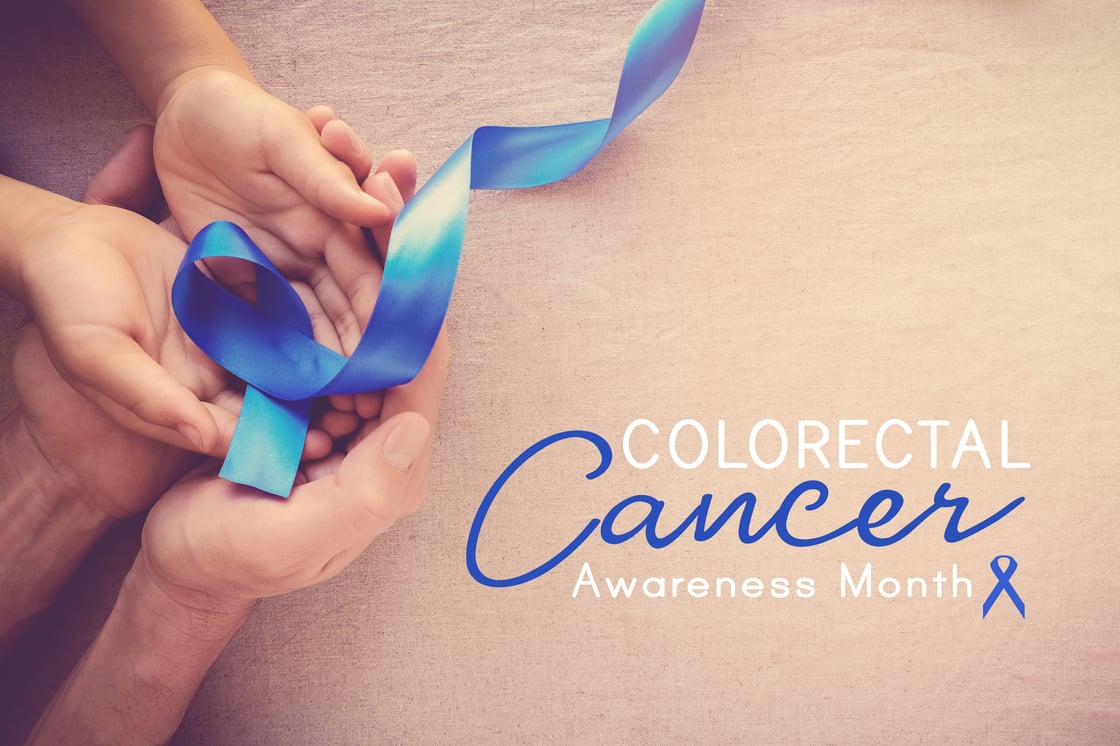
National Colorectal Awareness
March 2024
Colorectal cancer (CRC) is now the #1 cancer killer among men under 50, and #2 for women under 50, just behind breast cancer, according to a recent American Cancer Society report. The entire month of March has been set aside as Colorectal Cancer Awareness Month to remind everyone that CRC is preventable with screening (68% of deaths from CRC could be prevented with screening), and all adults 45 and older should be screened. Those with a family history of CRC are at a higher risk and need to be screened earlier than 45.
In addition to age and family history, risk factors include personal history of polyps or cancer, inflammatory bowel disease, smoking, excessive alcohol use, fatty diet, and obesity. Another potential risk factor is race/ethnicity. Black Americans are about 20% more likely to get CRC and about 40% more likely to die from it than most other groups. Rates for Indigenous communities (American Indian/Alaska Native) are higher in all age groups for males and females compared with the white population. And CRC is one of the top three cancers affecting Asian American men and women.
Signs and symptoms for CRC include:
• Ongoing change in bowel habits
• Stools that are narrower than usual
• Blood in the stool
• Rectal bleeding
• Frequent gas pains, bloating, fullness, or cramping
• Weight loss for no known reason
• Feeling very tired (weakness and fatigue)
Take a one-minute quiz to screen your risk factors for CRC and to learn more.
Health Workforce Well-Being Week
March 11–18, 2024
Earlier this month, the National Academy of Medicine (NAM) Collaborative launched a special week of recognition for health workforce well-being. The week of March 11–18 kicked off with a celebratory event in Washington, DC, on March 11. It culminated with the designation of March 18 as the annual Health Workforce Well-Being (HWWB) Day of Awareness.
The celebratory event on March 11 featured a prestigious lineup of speakers, including:
- Victor Dzau, NAM
- Vivek H. Murthy, 21st Surgeon General
- Sen. Tim Kaine (D-VA)
- Sen. Roger Marshall (R-KS)
- Sen. Todd Young (R-IN)
- Donald Berwick, Institute for Healthcare Improvement
The event also included the voices of frontline health workers, health profession students, and pioneers of early progress. Later that day, NAM also hosted an afternoon-long discussion on how to better coordinate and catalyze both DEI and well-being efforts at the healthcare organization and national levels. Leadership teams at Johns Hopkins, Oschner Health, and UC Davis spoke on how their well-being and DEI offices collaborate to embed sustainable change in their organizations.
For information on ways to take action following the event and week, visit nam.edu/HWWBDay.

Dear Friends and Colleagues in Patient Safety,
As we move into the seasons ahead for 2024, we are also moving into the season of summits, conferences, and learning events.
We have all understood that our specialty is a young one. The understanding of the importance and concept of the safety of our patients has been at the heart of all clinical disciplines since first introduced by Hippocrates 2,400 years ago, and it was further built on by Galen. In more recent times, according to Worthington Hooker (Why the Hippocratic ideals are dead | The BMJ), ownership of the axiom “primum non nocere” should be attributed to the Parisian pathologist and clinician Auguste Francois Chomel (1788–1858), who was the successor to Laennec as Chair of Pathology. So although we rely on the leadership elements set in those early years by Hippocrates, Galen, and others, it still is a new concept born out of the need to protect patients from those days in the 19th century.
This year will see a number of important events in advancing the science, practice, and policy of patient safety, and none more so than the 6th Ministerial Summit on Patient Safety to be held in Santiago, Chile, on April 17–18, 2024.
For the Chile 2024 Summit, we will look into how different countries have managed to implement and sustain over time different strategies related to delivering safe health care in the framework of the seven strategic objectives of the Global Patient Safety Action Plan—key lessons learned in the implementation process, results obtained, and upcoming challenges—with the aim of gathering this knowledge and transforming it into national commitments to address concrete actions. This is why the summit 2024 will follow the overarching slogan, “Bringing and maintaining changes in patient safety policies and practices.”
Interested participants are welcome to register online (Spanish). More information about the registration procedure, the program, and speakers, as well as practical matters, can be found at https://psschile.minsal.cl/, which will be continuously updated.
As the Organizing Committee in Chile outlines:
“In addition to addressing emerging challenges and opportunities (information technologies and artificial intelligence), emphasis will be placed on the lessons learned and results achieved by countries of different incomes during the implementation of strategies of international and regional relevance, such as the development of a safety culture; empowerment of patients and their families; safety of specific essential care processes; resilience of health services during scenarios of high uncertainty; education, communication and training of health professionals; and implementation of information systems and quality assurance systems (evaluation of health care safety). In addition, it is expected to be able to gather lessons learned and experiences on how synergies with Non-Governmental Organisations (NGOs) are possible to meet the objectives set.”
As for this Summit and last year’s in Montreux (5th Global Ministerial Summit on Patient Safety 2023), it is important that we continue to work together and collaborate in supporting the global efforts to deliver the Global Patient Safety Action Plan, and many of the elements will be addressing some of the specific objectives of that plan.
An additional collaborative effort remains, as WHO further develops the Global Patient Safety Collaborative, and this year will see the addition of two low- and middle-income countries to that learning space, with Ethiopia and Sri Lanka becoming members. All the outputs, such as presentations, webinars, and reading materials from the GPSC are placed in the GPSN structure and substructures within the Patient Safety section of the WHO website, and I would very much hope that you will access these resources.
The Patient Safety Movement Foundation will also be supporting the International Society for Quality in Health Care this year in Istanbul as well as Patient Safety Watch, the patient safety charity founded by the Right Hon Jeremy Hunt in the United Kingdom. Another educational resource from WHO we will aspire to support and develop is the Patient Safety Education and Training Network (PSET), working alongside the Global Knowledge Sharing Platform, hosted by our colleagues at Sing Health in Singapore.
So there is a lot to do and many resources to take from systems here and those to be developed.
And what goes round, as they say, comes around again! I was reminded this month of the video “Empathy: The Human Connection to Patient Care” by our esteemed Governance Board Member Professor Najm Meshkati. I first “borrowed and shared,” or as Carol Haraden would say, “pinched with pride,” this nearly ten years ago, but it is still as evident and important now as then, and with the continuing impact of the pandemic on our patients, their families, and staff, I believe it is even more so! Please share widely, and I am sure the original owners will continue to be pleased with sharing. Also hot off the press and shared by Najm is the current NIOSH Impact Wellbeing Guide: Taking Action to Improve Healthcare Worker Wellbeing, a great read with resources for all to employ.
Yours,

Mike Durkin, OBE, MBBS, FRCA, FRCP, DSC
In the News
- In an Up First podcast feature, NPR delved into the issue of “When Hospitals Don’t Say Sorry,” pointing out the lasting damage that can happen to patients and their families who are harmed when medical errors don’t lead to an apology.
- ECRI, the healthcare quality and safety group, named its top 10 patient safety concerns for 2024. Transitioning newly trained clinicians ranked as its top concern, citing missed learning opportunities and increased workloads, according to Fierce Healthcare.
- In a recent episode of Last Week Tonight on the streaming service Max, host John Oliver highlighted problems with state medical boards across the country and the risks they pose to patient safety (video content warning: language).
- Healthgrades announced recipients of its 2024 Patient Safety Excellence Awards and 2024 Outstanding Patient Experience Awards. Only 79 hospitals out of the 4,500 considered received designations from both awards, according to Healthline.
- During this year’s Patient Safety Awareness Week (March 10–18), the Agency for Healthcare Research and Quality (AHRQ) marked its 35th anniversary as an independent agency.
- Among the healthcare facilities celebrating Patient Safety Awareness Week was Bayne-Jones Army Community Hospital at the Joint Readiness Training Center and Fort Johnson, Louisiana, as reported by US Army.

If you or your loved ones have experienced a medical error, please share your story with us. We have over 100 patient stories on our website: https://psmf.org/patient-stories/
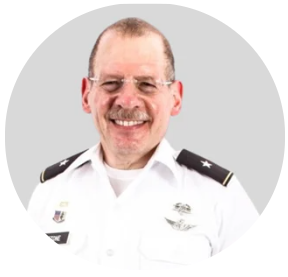
Donor Testimonial
My career in medicine spanned five decades. Forty-two of those years involved the teaching and practice of anesthesia. In this venue, patients placed their lives in our hands: an awesome trust never taken for granted.
Another part of my career involved twenty-five years of Army aviation medicine practice. This too involved trust, but the “patient” was the aviation community we served, not just an individual. Here the trust was mutual. The personnel whose fitness we strived to maintain prepared the environment and aircraft that we flew or flew in. We trusted them with our lives as our patients entrusted their lives to us.
These two careers reinforce the importance of risk reduction and trust that underlies what we strive for: Zero Harm.
GOVERNANCE BOARD
Joe Kiani, MS, Founder and Immediate Past Chairman of PSMF, Founder, Chairman & CEO of Masimo
Mike Durkin, OBE, MBBS, FRCA, FRCP, DSC, Chairman of PSMF, Senior advisor on Patient Safety Policy and Leadership, Institute of Global Health Innovation, Imperial College London
Michael A.E. Ramsay, MD, FRCA, Chief Executive Officer, PSMF
Sarah Kiani, Director, Masimo Foundation for Ethics, Innovation, and Competition
Abbasseh Towfigh, MPD, Executive Director and Secretary, Ayeneh Foundation
Steven J. Barker, PhD, MD, Chief Science Officer, Masimo Corporation, Professor Emeritus of Anesthesiology, University of Arizona Health Sciences
Jannicke Mellin-Olsen, MD, DPH, Past President, World Federation of Societies of Anesthesiologists
Philip D. Lumb, MB, BS, MD, MCCM, FCCP, Professor of Anesthesiology, Keck School of Medicine, University of Southern California
Najmedin Meshkati, PhD, MS, Professor of Civil/Environmental Engineering, University of Southern California
Javier T. Davila, MD, Ambassador, PSMF in Mexico, Former Medical Director, Mexican Social Security Institute, Head of Medical Education, Research and Health Public Policy
Robin Betts, RN, CPHQ, MBA-HA, Vice Chair, PSMF, Vice President, Safety Quality & Regulatory Services, Kaiser Foundation Hospitals and Health Plan, Kaiser Permanente Northern California
Nasim Afsar, MD, MBA, MHM, Chief Health Officer at Oracle Health
Edward Kelley, PhD, Chief Global Health Officer, ApiJect Systems
David B. Mayer, MD, Executive Director, MedStar Institute for Quality and Safety
Omar Ishrak, PhD, Executive Chairman and Chairman of the Board of Directors, Medtronic, Chairman of the Board of Directors, Intel
Charlie Miceli, CPM, Treasurer, PSMF, Chief Supply Chain Officer, Network VP of University of Vermont Health Network
Vonda Vaden Bates, Patient Advocate, CEO, 10th Dot
Alicia Cole, Patient Safety Consultant
Jim Messina, BA, CEO, The Messina Group
OUR STORY
The Patient Safety Movement Foundation was established in 2012 to raise awareness around the critical topic of patient safety, and to bring patients, clinicians, healthcare organizations, payers, academicians, government officials, and policymakers together to address the urgent need to eliminate preventable patient harm in all healthcare settings globally. Founded by Joe Kiani, founder and CEO of the medical device manufacturer Masimo, the Patient Safety Movement Foundation holds an international summit annually where world-renowned patient safety experts and advocates discuss the common causes of preventable patient harm and how they can be remedied. The organization collaborates with multidisciplinary teams of medical experts and quality care professionals to develop actionable evidence-based practices that serve as step-by-step blueprints to guide healthcare professionals in avoiding preventable patient harm. As part of its collaborative approach, the Patient Safety Movement Foundation also mobilizes and supports grassroots patient safety advocates and activists, including those whose loved ones were harmed by medical errors. Patient Safety Movement Foundation engages an international cohort of early career healthcare professionals in a custom-designed patient safety curriculum through its Global Interprofessional Patient Safety Fellowship program. In conjunction with the aforementioned activities, the Patient Safety Movement Foundation emphasizes data transparency and sharing patient harm events as a foundational goal to enable systems to better track the progress toward the goal of ZERO harm. The Patient Safety Movement Foundation also seeks to drive systemic payer policy changes to align incentives with the quality of the care provided. In addition, this foundation advocates for an independent multidisciplinary team of patient safety experts to research harm events and potential sustainable solutions to end preventable patient harm. Since the beginning, the Patient Safety Movement Foundation has engaged patients and their families in developing solutions to improve patient care, believing nothing is more powerful than learning about preventable patient harm directly from those most affected and making them an integral part of improving healthcare safety. To learn more and stay connected with our foundation, please visit www.pmsf.org.
